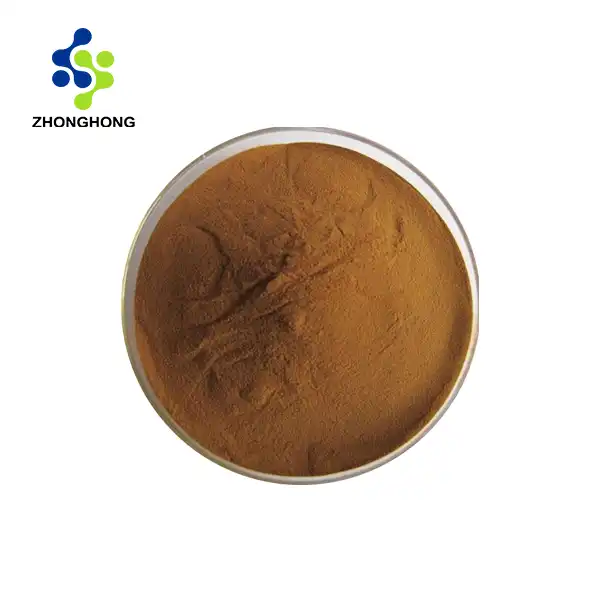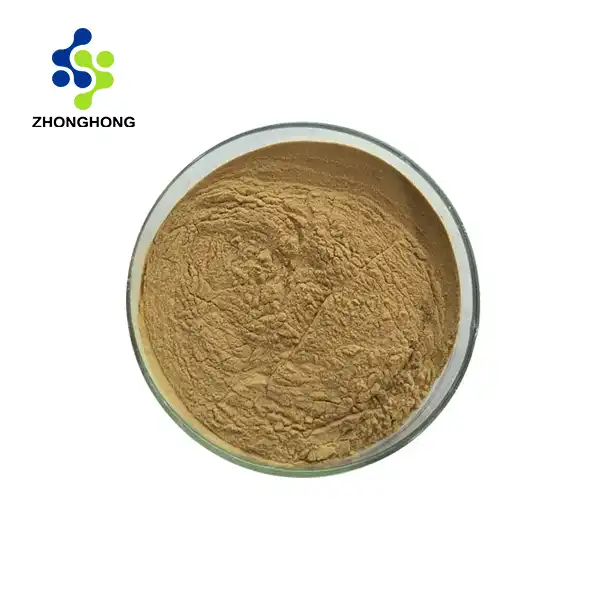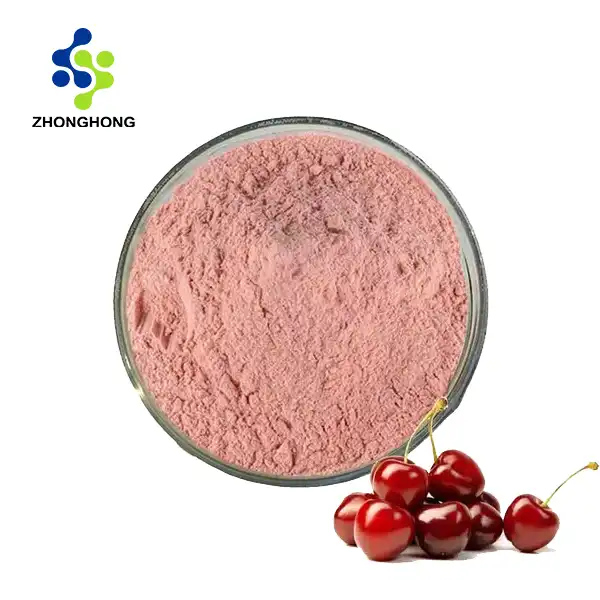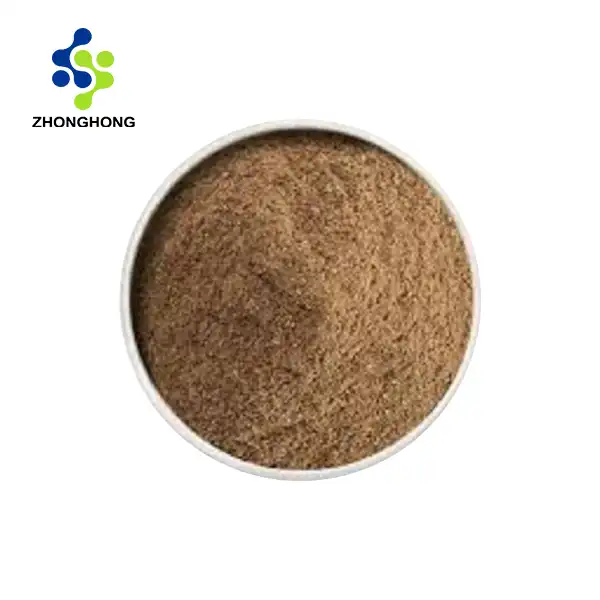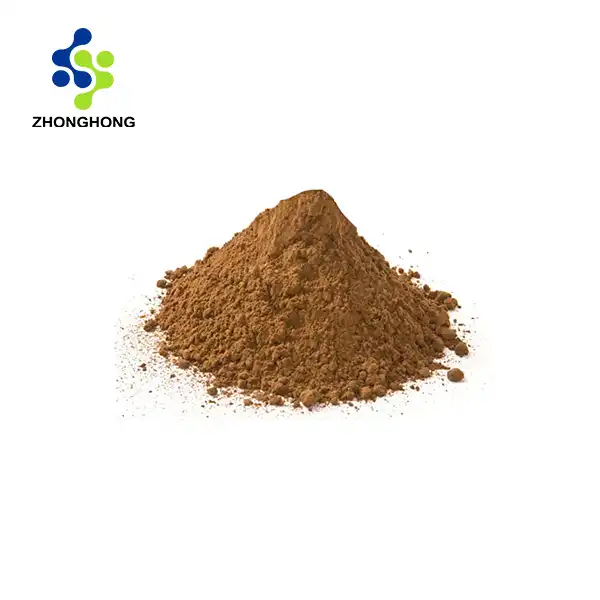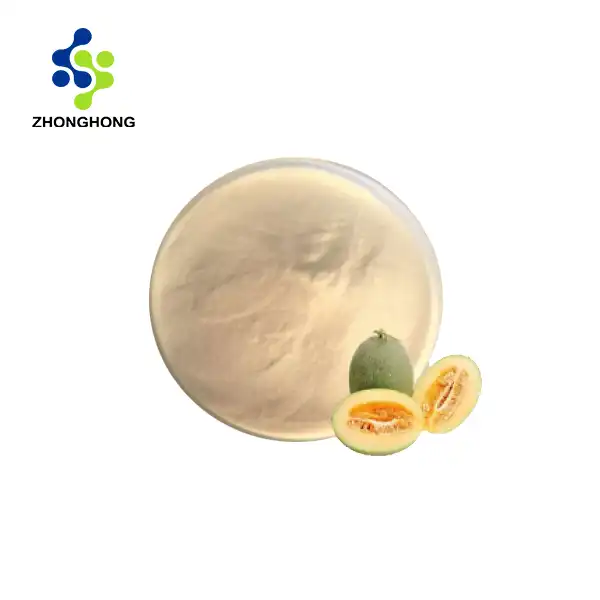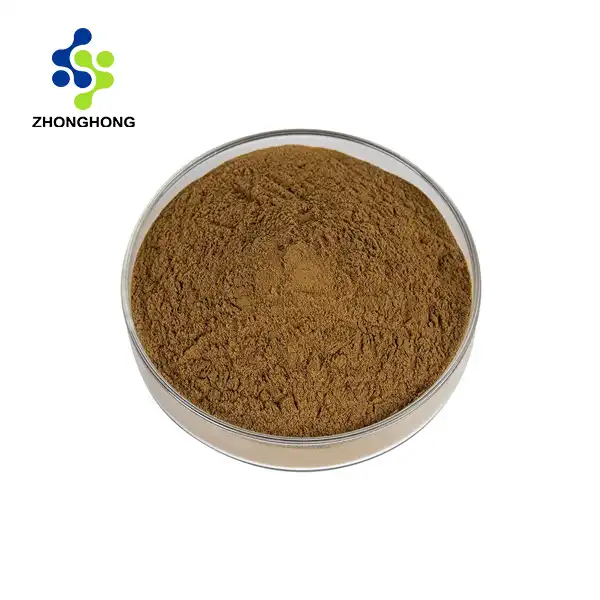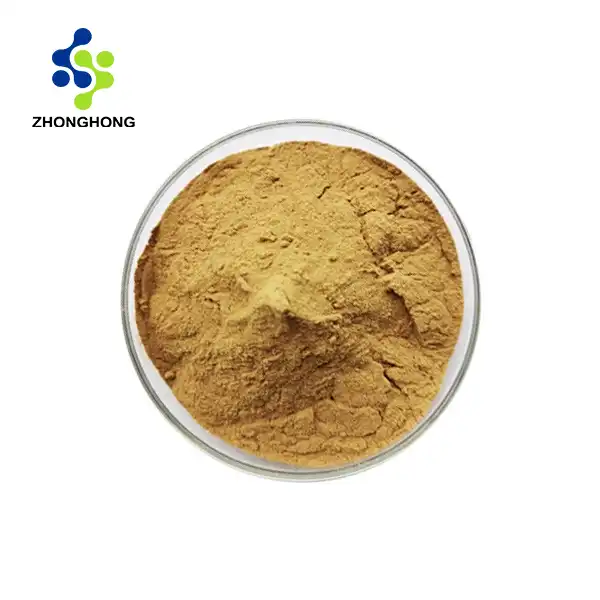What Is Puncturevine Caltrop Fruit?
Origin and Botanical Characteristics
Puncturevine caltrop fruit, scientifically known as Tribulus terrestris, is a plant species that belongs to the Zygophyllaceae family. Native to warm temperate and tropical regions of the Old World, this hardy plant has spread to many parts of the world, including North America, Australia, and Africa. The plant is characterized by its low-growing, mat-forming habit and distinctive spiny fruit. The fruit of the puncturevine caltrop is particularly noteworthy. It's a small, woody structure composed of several sharp spines, giving it a shape reminiscent of a caltrop - an ancient weapon designed to impede cavalry charges. This unique morphology has earned the plant various common names, including "goat's head," "devil's thorn," and "puncture vine."
Historical Use in Traditional Medicine
Throughout history, puncturevine caltrop fruit has played a significant role in various traditional medicine systems. In Ayurveda, the ancient Indian system of medicine, it's known as "gokshura" and has been used for millennia to treat a wide range of ailments, from urinary disorders to sexual dysfunction. Chinese traditional medicine has also long recognized the potential of this plant, using it to address liver and kidney issues, as well as to improve overall vitality. In folk medicine practices across Europe and the Middle East, puncturevine caltrop fruit has been employed as a diuretic, tonic, and aphrodisiac.
Modern Research and Applications
In recent decades, scientific interest in puncturevine caltrop fruit has grown significantly. Researchers have been investigating its chemical composition and potential therapeutic applications. The plant has been found to contain a variety of bioactive compounds, including steroidal saponins, flavonoids, and alkaloids. These compounds are believed to be responsible for many of the plant's purported health benefits. Modern applications of puncturevine caltrop fruit extract range from sports nutrition supplements to natural treatments for sexual health issues. As research continues, our understanding of this ancient medicinal plant continues to evolve, bridging traditional wisdom with contemporary scientific inquiry.
Health Benefits of Caltrop Fruit
Potential Enhancement of Athletic Performance
One of the most widely touted benefits of puncturevine caltrop fruit is its potential to enhance athletic performance. Some studies suggest that tribulus terrestris supplements may increase testosterone levels, leading to improved muscle strength and athletic prowess. While research results have been mixed, many athletes and bodybuilders incorporate caltrop fruit into their regimens. The proposed mechanism behind this effect involves the plant's steroidal saponins, particularly protodioscin. These compounds are thought to stimulate the production of luteinizing hormone (LH), which in turn may boost testosterone levels. However, it's important to note that more research is needed to conclusively establish these effects and their long-term safety.
Support for Reproductive Health
Puncturevine caltrop fruit has a long history of use in traditional medicine for addressing reproductive health issues in both men and women. In men, it's been associated with improved libido, erectile function, and sperm quality. Some studies have indicated that tribulus terrestris extract may help increase sperm count and motility in cases of mild infertility. For women, caltrop fruit has been used to address various reproductive health concerns, including menstrual irregularities and symptoms of menopause. Some research suggests that it may help balance hormone levels and alleviate discomfort associated with premenstrual syndrome (PMS). However, as with many herbal remedies, more extensive clinical trials are needed to fully validate these effects.
Potential Cardiovascular Benefits
Emerging research indicates that puncturevine caltrop fruit may offer benefits for cardiovascular health. Some studies have shown that tribulus terrestris extract may help lower blood pressure and reduce cholesterol levels. These effects are thought to be due to the plant's antioxidant properties and its ability to influence nitric oxide production in the body. Additionally, some animal studies have suggested that caltrop fruit extract may have a protective effect on heart tissue, potentially reducing the risk of heart disease. However, it's crucial to note that while these preliminary findings are promising, more human studies are needed to confirm these cardiovascular benefits and establish safe and effective dosages.
How to Use Puncturevine in Everyday Life?
Dietary Supplements and Extracts
One of the most common ways to incorporate puncturevine caltrop fruit into everyday life is through dietary supplements. These are typically available in the form of capsules, tablets, or liquid extracts. When choosing a supplement, it's important to look for high-quality products from reputable manufacturers that clearly state the concentration of active compounds. The recommended dosage can vary depending on the specific product and intended use. For athletic performance or general health, doses typically range from 250 to 750 mg per day. However, it's crucial to consult with a healthcare professional before starting any new supplement regimen, as individual needs and potential interactions with medications can vary.
Culinary Uses and Herbal Teas
While less common, some culinary traditions incorporate puncturevine caltrop fruit into food and beverages. In certain parts of India and the Middle East, the dried fruit is sometimes ground into a powder and used as a spice or flavoring agent in savory dishes. Herbal teas made from the leaves and fruits of the puncturevine plant are another way to enjoy its potential benefits. To prepare a tea, steep 1-2 teaspoons of dried, crushed fruit or leaves in hot water for about 10 minutes. The resulting infusion has a slightly bitter taste and is often consumed for its purported tonic effects.
Topical Applications
In addition to internal use, puncturevine caltrop fruit has some traditional topical applications. In some folk medicine practices, a paste made from the crushed fruit or leaves is applied to the skin to treat minor wounds, inflammation, or skin conditions. Some modern skincare products also incorporate tribulus terrestris extract, claiming benefits such as improved skin elasticity and reduced signs of aging. However, as with any new skincare product, it's advisable to perform a patch test first to ensure no adverse reactions occur.
Conclusion
Puncturevine caltrop fruit offers a fascinating blend of traditional wisdom and modern scientific interest. From its potential athletic performance benefits to its role in supporting reproductive health, this small but mighty plant continues to captivate researchers and health enthusiasts alike. As with any natural remedy, it's essential to approach its use with informed caution and consult healthcare professionals when necessary. If you want to get more information about this product, you can contact us at liaodaohai@gmail.com.
_1728976869676.webp)
